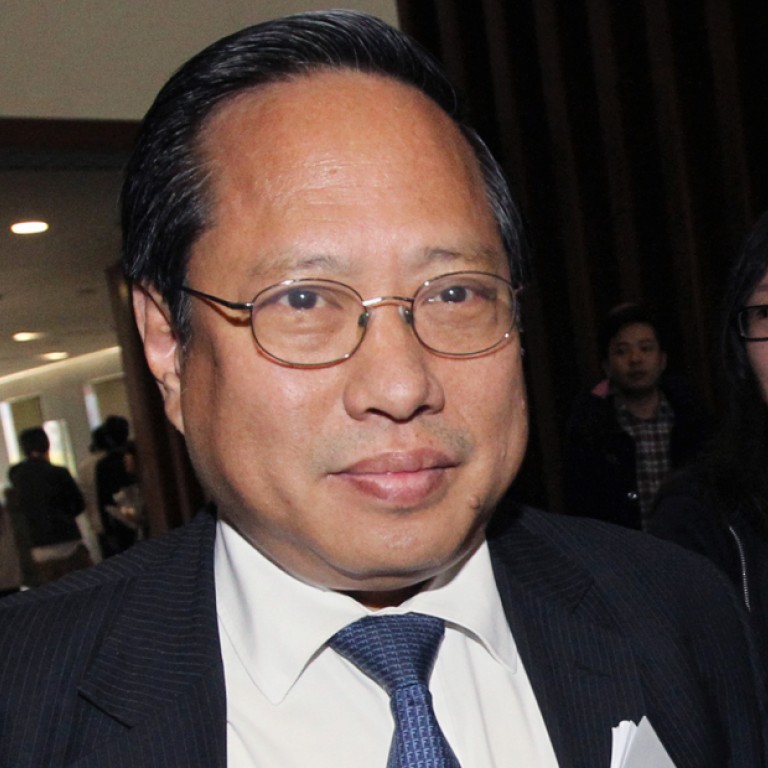
Body meets the spirit in the case of red-faced Albert Ho
Alice Wu says a legislator's red-faced lapse involving scantily clad models raises interesting questions about penance that befits the crime
What at first appeared to be another triumph of "gotcha" journalism - catching Albert Ho Chun-yan in the act of browsing photos of bikini-clad women in the Legislative Council chamber - has morphed into something richer and more thought-provoking. The Democratic Party's announcement of a fine - its first such "punishment" of a misbehaving member - coincidentally fell on the eve of Lent, which also gave the story an interesting religious touch.
In this case, the court of public opinion has been quick to hand down its "guilty" verdict. But, as with most such verdicts, the "sin" is often not fully examined. Ho is guilty of two things: misconduct, for not performing his official duties, including scrutinising government proposals to the best of his ability; and inappropriate behaviour, given the nature of his actions.
The punishment for the first crime will be decided at the polls. Voters will judge whether Ho's moments of sound judgment outweigh those 10 minutes of distraction, if and when he stands for re-election or again seeks higher office.
The second is more complicated. It was hard to put a finger on why it produced such outrage. After all, we can't exactly accuse Ho of sexually objectifying women; those photos were meant to be displayed. No one other than Ho and his god would know whether he saw them as sexual objects.
But Ho's disciplinarians have only inadvertently reaffirmed the notion of objectification with their penance-almsgiving sentence of a HK$10,000 reparation, to be paid to a "women's group" or other non-governmental organisation of Ho's choice. It gives this whole thing a totally new, bitter aftertaste. No wonder at least one women's group has said that it would refuse the donation if offered.
The party may not have foreseen this reaction. Women's organisations are founded to empower women; naturally, they are not going to have any part in this.
The season of Lent, a period of deep spiritual reflection for Christians of many traditions, looks to be spilling over into the secular world in Hong Kong this year, thanks to Ho. We find ourselves confronting why we feel "unsettled" by the incident, and examining what we see as proper acts of punishment or penance.
How many apologies or pledges of not repeating the mistake would be deemed "enough"? Better yet, what can really be done to "correct" a "wrong"? What does all this say about the role of public opprobrium in raising ethical standards in public behaviour and for those who hold public office?
To what extent and in what circumstances are restitutions appropriate? Would it make a difference if Ho were to donate his time and money to other causes, like internet addiction?
There is a rich dimension for wider discussion that has come out of one man's mishap. It is a precious opportunity for deep reflection, not only for Ho and his party, but also for easily distracted legislators. And it's refreshing that, for once, we have more than political slogans to ponder.

